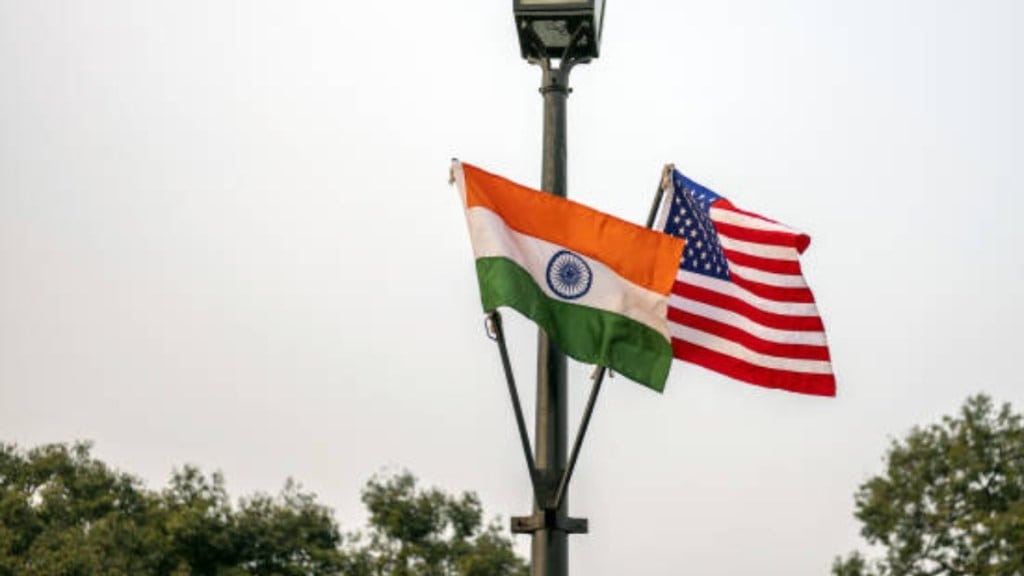A team of Indian negotiators will be visiting the US in the second half of May to resume physical meetings on the Bilateral Trade Agreement (BTA), while sectoral experts from both sides will start engaging in virtual discussions this week on different sectors of the pact, a senior official said Tuesday.
The virtual sectoral meetings cover areas like goods trade, tariffs, non-tariff barriers, rules of origin and customs regulations among others, he added.
India and the US have a deadline of autumn of this year for the BTA and may complete it even before that period, the official said. “We are on schedule as far as BTA negotiations are concerned.
The pace of negotiations could lead to some kind of understanding on tariffs in the 90-day period of pause on full implementation of reciprocal tariffs, officials indicated. Reciprocal tariffs of 26% were imposed on India on April 2 and later US President Donald Trump
Commerce Secretary Sunil Barthwal said there are both concerns as well as opportunities for India in terms of the current reciprocal tariffs but India has already taken a path where we will be going for trade liberalization with the US through BTA. “It will open a lot of opportunities for India and for the US as well. Whatever FTAs India has done has led to enhanced trade with the partners.”
On FTA with the European Union, the official said that the 11th round of negotiations will be held in New Delhi from 12-16 May. The tenth round of discussions in Brussels focussed on areas of commercial significance like potential market access offers in goods, services, investment and government procurement.
As the India-EU FTA deals with 23 policy areas and both countries are exploring whether the agreement can be done in phases with initial round focussing on core issues of trade in goods and services, rules of origin, customs, technical barriers to trade, trade remedies and dispute settlements.
Issues that are not core like intellectual property, competition, merger control and subsidies, transparency and good regulatory practices and sustainable food systems which can be taken up later.
“We are discussing with the EU what can be the first tranche or early harvest.” The same approach was adopted with Australia. With Australia the Economic Cooperation and Trade Agreement (ECTA) was signed in 2022 and now negotiations are on to convert it into a broader trade agreement.
With the UK both work is on to resolve the pending issues.

